Podcast
All About ADHD: Behavior, Medication, CBT and More – Shrinking It Down
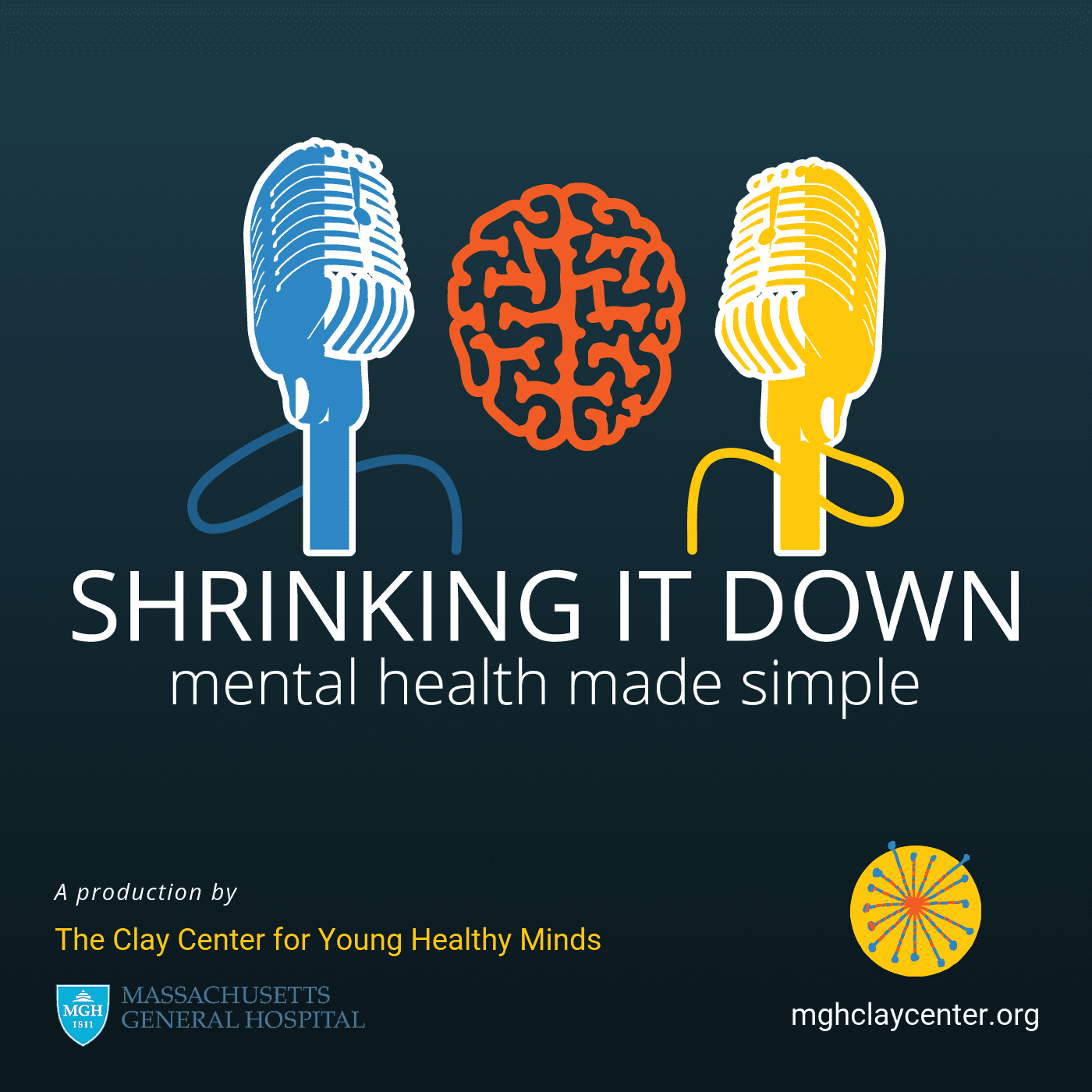
Today’s episode of Shrinking It Down is all about ADHD. We revisit some of the most helpful conversations we’ve had with clinical experts about Attention Deficit Hyperactivity Disorder (ADHD) in kids and teens. First, we talk through what ADHD really is with Dr.
Unsettled About Instagram? Ways to Support Your Teen’s Mental Health – Shrinking It Down

It’s been an unsettling time for many, with the testimony by Facebook whistleblower Frances Haugen and her disturbing claims that the company knows that Instagram causes mental harm to teen girls. In this episode of Shrinking It Down, Dr. Gene Beresin and Dr.
Mental Health Myths BUSTED – Shrinking It Down

Mental Health Myths BUSTED – Tune in wherever you get your podcasts. Just search for “Shrinking It Down.”
Welcome back to Shrinking It Down – because mental health is anything but simple! What better way to launch Season 5 than by busting some mental health myths?
In this episode, co-hosts Dr.
6-Minute Meditation With Darshan Mehta, MD, MPH
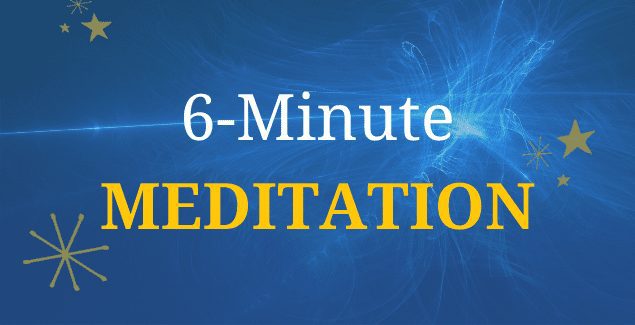
Can a 6-minute meditation really make a difference? Try it for yourself!
In this excerpt from our March 17 episode, “Medicating with Meditation?“, Dr. Darshan Mehta leads us in a 6-minute meditation – right in the middle of our workday.
Everything You’ve Wanted to Know About Sleep, featuring Bernard Kinane, MD – Shrinking It Down

June 3, 2021
It’s our last episode of the season, but never fear – we are signing off with tips to last you the summer long. Today’s episode is all about sleep!
Listen wherever you get your podcasts – just search for “Shrinking It Down.”
Sleep is so important to our physical and mental health.
Mental Health Challenges and Latinx Children & Teens, featuring Angel Caraballo, MD – Shrinking It Down
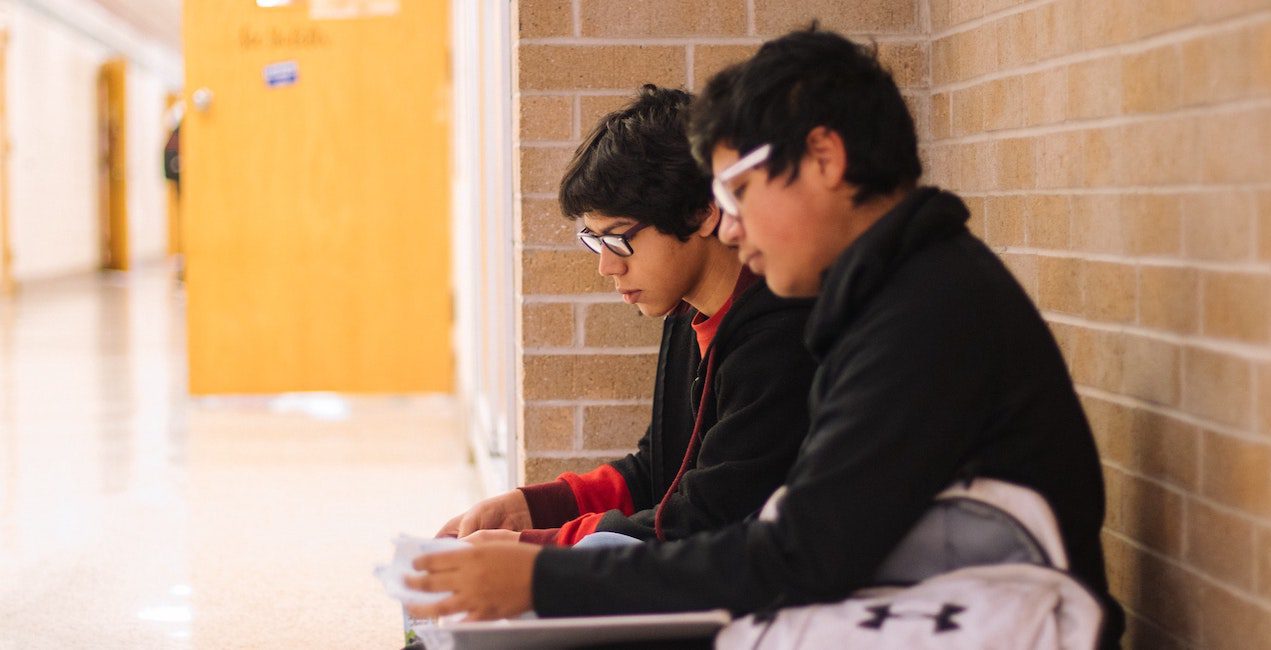
Over the past year, the Clay Center has worked to support even more young people by translating our free, online resources for Spanish-speaking parents and caregivers.
A Closer Look at High-Functioning Autism, featuring Robyn Thom, MD – Shrinking It Down

Coming into April, Autism Awareness Month, we’ve noticed more families coming to our website with questions about high-functioning autism spectrum disorder (ASD).
Medicating with Meditation? The Power of Mind Body Medicine, featuring Darshan Mehta, MD, MPH – Shrinking It Down
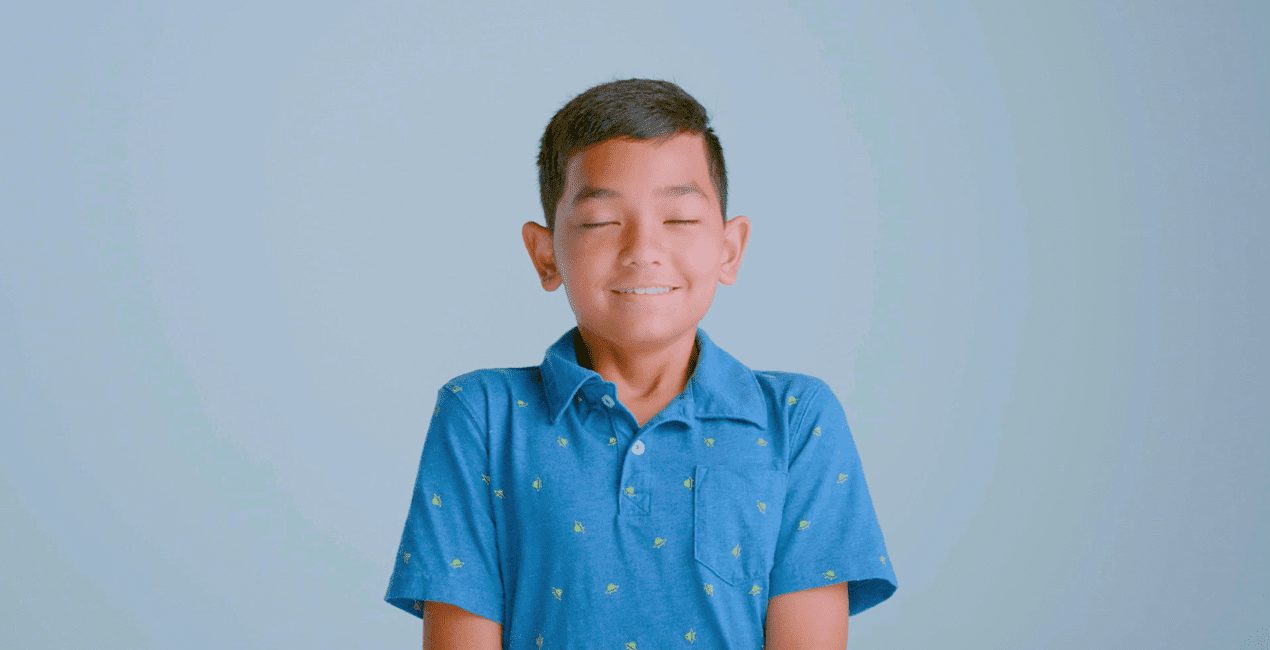
On today’s episode of Shrinking It Down, Gene and Khadijah welcome special guest Dr. Darshan Mehta, Medical Director of the Benson-Henry Institute for Mind Body Medicine of Massachusetts General Hospital, to talk about something we could all use more of: Meditation.
Teen Breakup Violence, Part 2: At-Risk Emotions – Shrinking It Down
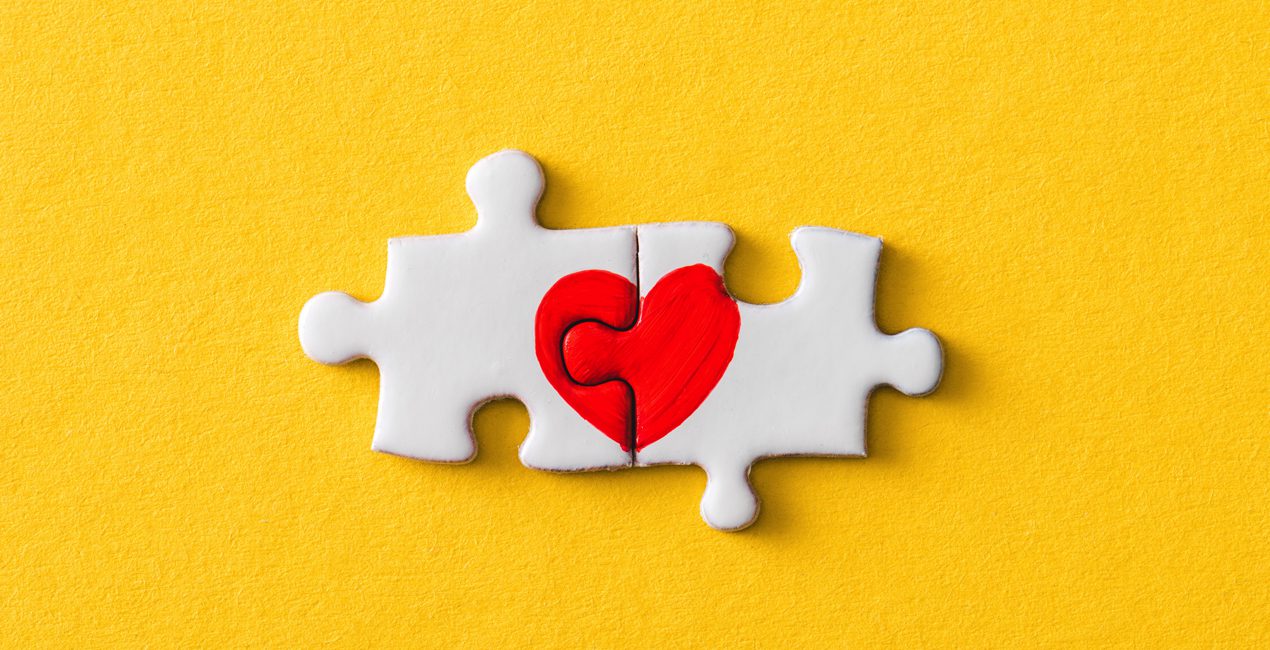
Content Warning: Today’s episode is the second in a two-part series on teen relationship violence. It may be difficult for some of our listeners.
When we look underneath a young person’s anger, or shame, or grief, there is often a hidden need that’s not being met.
Teen Breakup Violence, Part 1 – Shrinking It Down
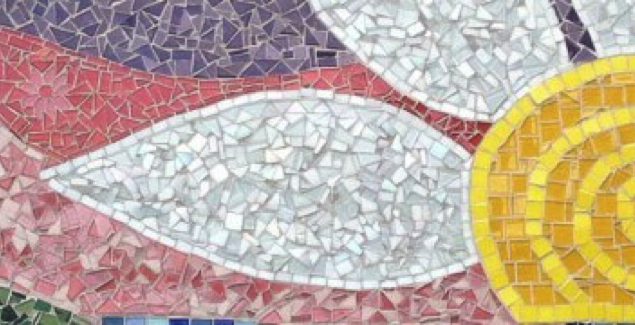
Content Warning: This episode is the first in a two-part series on teen relationship violence. It may be difficult for some of our listeners.
Romantic relationships are a crucial part of life for teenagers.



